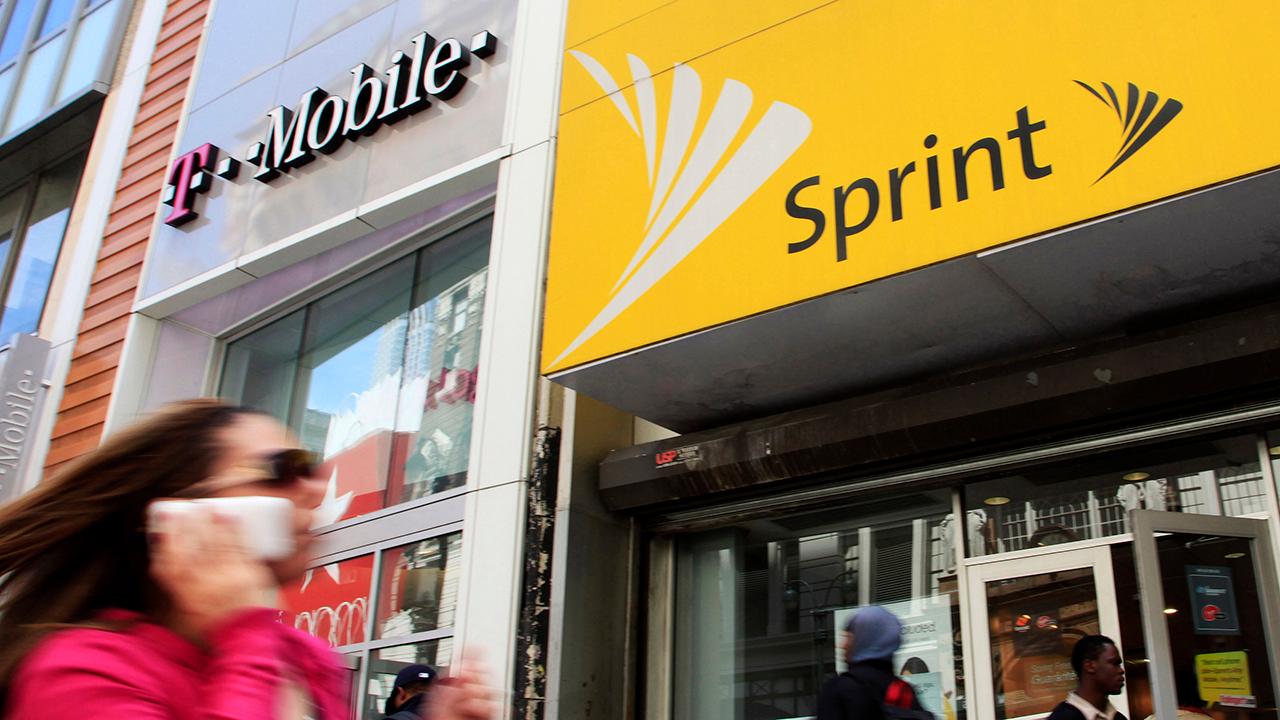Texas joins states' lawsuit to block T-Mobile-Sprint merger
Texas has joined more than a dozen states that are suing to stop T-Mobile's $26.5 billion takeover of rival cellphone company Sprint, arguing that the deal is bad for consumers because it would reduce competition.
It's the first Republican attorney general of the group, which now consists of 14 states and the District of Columbia. California, New York and now Texas are leading the states' case.
The Justice Department approved the deal last week alongside five Republican state attorneys general who were not involved in the states' case. The federal government's conditions would make satellite-TV company Dish a new U.S. wireless provider.
Critics worry that the deal would still lead to higher prices and fewer consumer perks because Dish would be a weaker competitor than Sprint currently is. Dish has to build out its network and will start life with only 9 million customers, about one-sixth of Sprint's subscriber base today.
On Thursday, a federal judge said the trial would start in December, per the states' request.
T-Mobile has said it will not finalize the Sprint takeover while litigation is ongoing. T-Mobile was expecting to close the deal by the end of the year. CEO John Legere said last week that he wants to work with the states to address their concerns.
The Justice Department last week said that its deal set up Dish to be a "disruptive force in wireless." Dish has promised that it would build a next-generation "5G" nationwide network by June 2023.
To get it started in wireless, Dish is paying $5 billion for Sprint's prepaid cellphone brands, including Boost and Virgin Mobile, and some spectrum, or airwaves for wireless service. Dish will also be able to rent T-Mobile's network for seven years while it builds its own.
CLICK HERE TO GET THE FOX BUSINESS APP
But attorneys general from other states and public-interest advocates say that Dish is hardly a replacement for Sprint as a stand-alone company and that these conditions fail to address the competitive harm the T-Mobile-Sprint deal causes: higher prices, job losses and fewer choices for consumers.
A federal judge still must sign off on the Justice Department settlement. The Federal Communications Commission is expected to also give the takeover its blessing.




















